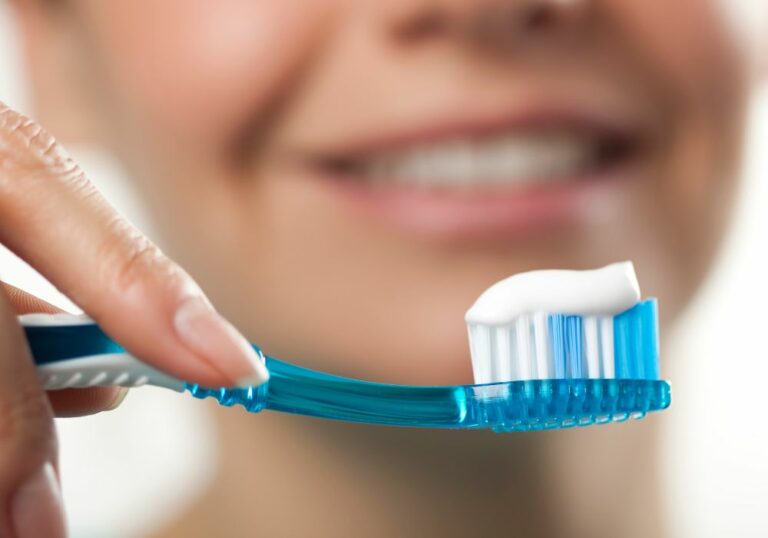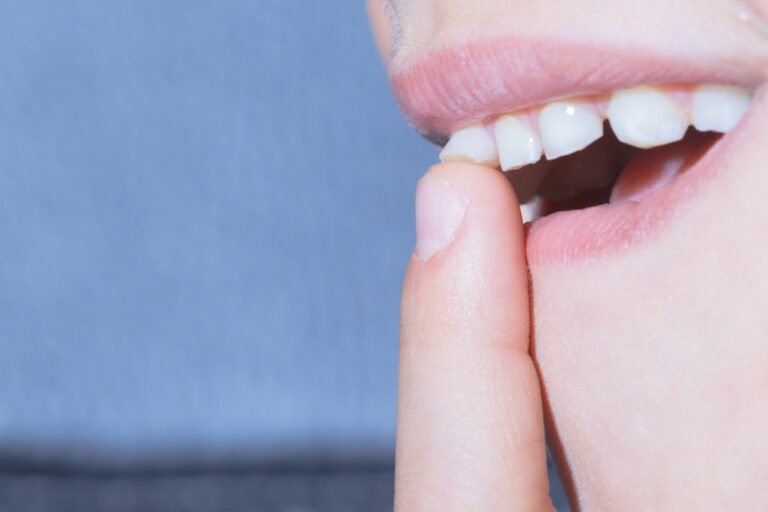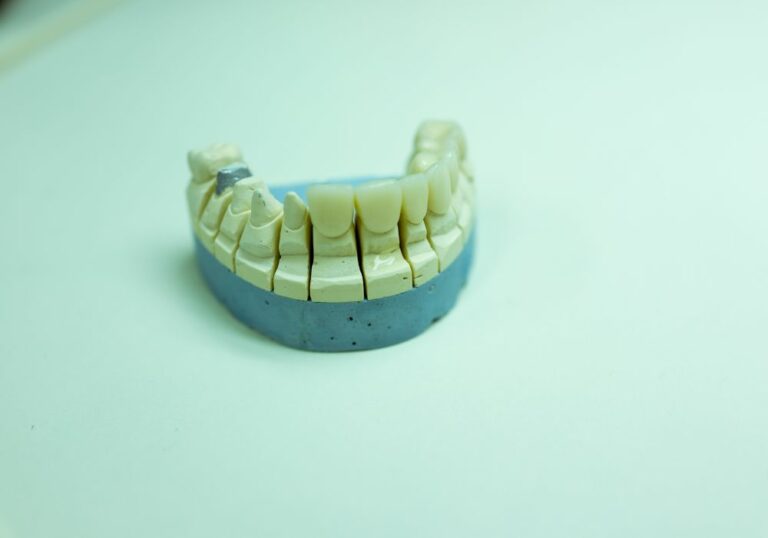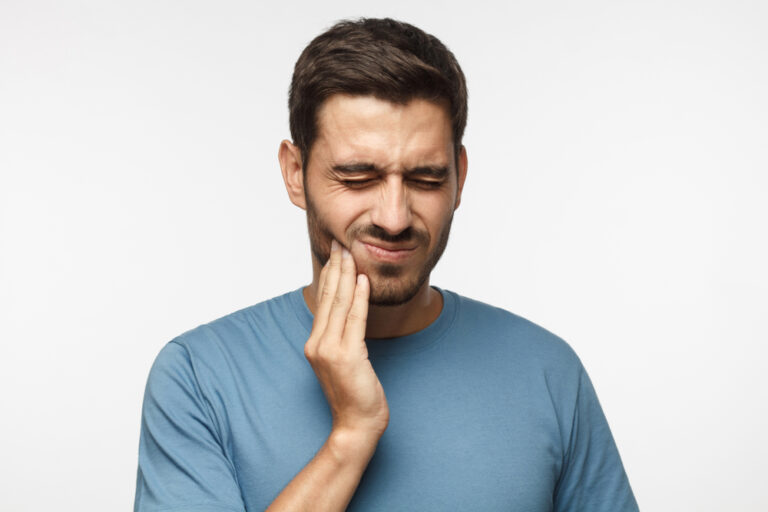Getting braces is an exciting milestone – you’re finally going to get the straight, beautiful smile you’ve always dreamed of! However, once the metal wires and brackets are glued to your teeth, they often bring tremendous pain and discomfort that can quickly deflate your enthusiasm. If it feels like your teeth are being squeezed in a vise grip, you’re probably wondering why braces need to hurt so much and what can be done to ease the pain.
What’s behind the intense pain?
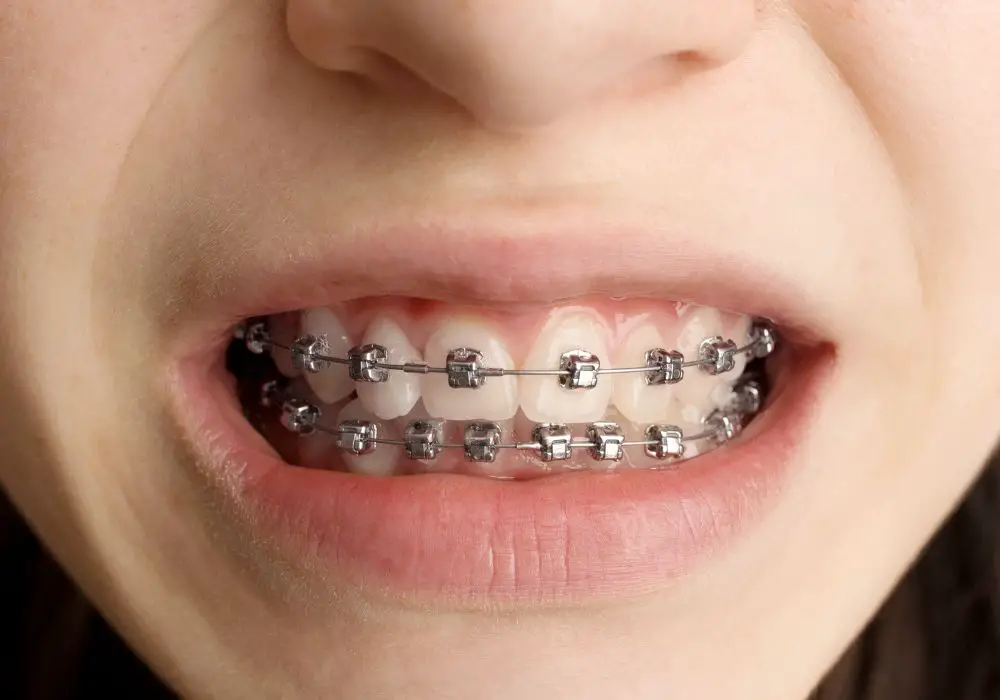
There are a few key reasons why braces are often so painful:
Continuous pressure moving teeth
The brackets, wires, elastics, and other parts of your braces setup apply steady pressure that pushes and pulls on your teeth to guide them into proper alignment. This constant force on your teeth is what causes most of the pain. As your teeth shift into new positions, the locations of pressure and tension change, which is why the pain seems to migrate around your mouth and come and go in waves.
Inflammation of gums
The brackets and wires that are glued to your teeth sit right next to your gums and can rub and poke them. This irritation causes swollen, inflamed gums which ache and add to the discomfort. Tiny ulcers and canker sores may also crop up.
Nerve and root sensitivity
As your teeth are repositioned, the roots under your gums and nerves inside the teeth get disturbed. The pressure placed on them leads to inflammation of the nerves and tooth roots, which can be incredibly sensitive. These aggravated nerves intensify the painful sensations.
Jaw adjustments
Adjusting your bite alignment involves moving the jawbone and joints. This can make your jaw sore and stiff. The muscles have to lengthen and shorten to allow the teeth to fit together in new ways. This causes muscle tenderness and spasms, especially when chewing or biting down.
As you can see, braces affect your entire mouth structure, far beyond just the teeth. All these factors together contribute to that intense, nonstop teeth pain that makes eating, sleeping and living rather miserable when you first get braces.
The timeline of braces pain
The pain and discomfort tends to follow a trajectory once you get braces:
- Getting braces on – The pain tends to start as soon as the wires and brackets are placed on your teeth. The first 4-5 days after getting braces is typically the most painful time. Your teeth ache and throb as they are moved for the first time.
- After each adjustment – You’ll go in monthly to have the orthodontist tighten the wires and change elastics. After each adjustment visit, the pain flares up again for 3-7 days as the increased tension starts moving your teeth more aggressively.
- Between appointments – The pain ebbs and flows in between adjustment visits. There may be milder, more intermittent discomfort and sensitivity as your teeth gradually shift into place. The pain is more noticeable at night when pressure on the teeth is relieved.
Note: Exactly how long the pain lasts after adjustments varies per person. Pain that lasts more than 2 weeks likely requires an adjustment from the orthodontist.
Tips to ease that brace pain
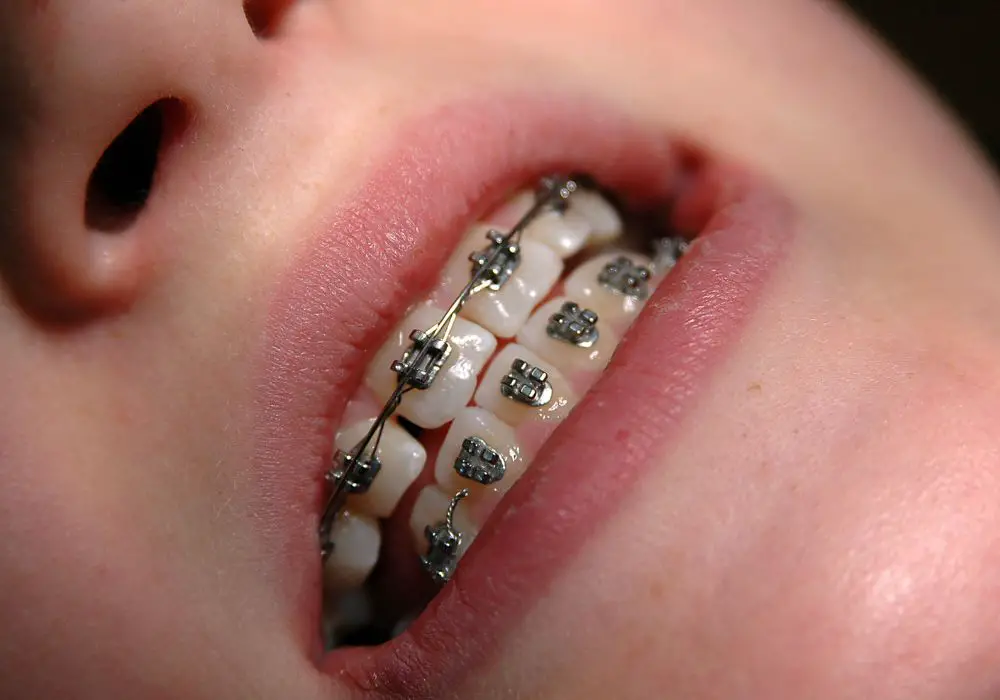
While there’s no escaping some level of pain and discomfort with braces, here are some tips to help reduce and manage it:
Medications
- Take over-the-counter pain meds like ibuprofen, naproxen or acetaminophen to reduce inflammation and discomfort, per dosage instructions.
- Discuss prescription strength anti-inflammatory medication with your orthodontist if OTC painkillers aren’t strong enough.
- Oral anesthetic gels and rinses can temporarily numb mouth pain.
- For canker sores, use an ointment with benzocaine or hydrocortisone to reduce pain and inflammation.
Orthodontic wax
- Cover any sharp brackets, wires or parts that are poking your cheeks and gums with orthodontic relief wax for cushioning.
Rinses
- Rinse with warm salt water 2-3 times a day to calm inflamed gums and mouth sores.
- A baking soda mouth rinse also helps neutralize acid and reduce swelling.
- Cold water rinses numb nerve pain.
Diet adjustments
- Stick to soft foods for the first few days after an adjustment while the soreness subsides. Things like yogurt, applesauce, scrambled eggs, soup, mashed potatoes, protein shakes.
- Avoid very hot or cold foods which irritate sensitive teeth.
- Steer clear of hard, crunchy, chewy, and sticky foods that can pull at braces and hurt more.
Dental products
- Use gum and oral care products designed to relieve brace discomfort – these contain soothing ingredients like aloe vera and cetylpyridinium chloride.
- Try dental wax like Gishy Goo that helps braces glide more smoothly.
- Use an oral irrigator to flush out food debris that gets stuck in braces.
Lifestyle habits
- Take over-the-counter NSAIDs 30-60 minutes before adjustment appointments to preempt pain.
- Avoid chewing ice or hard objects that can damage braces.
- Position cold compresses externally on aching cheeks.
- Keep your head elevated with extra pillows at night to minimize throbbing.
When to call the orthodontist
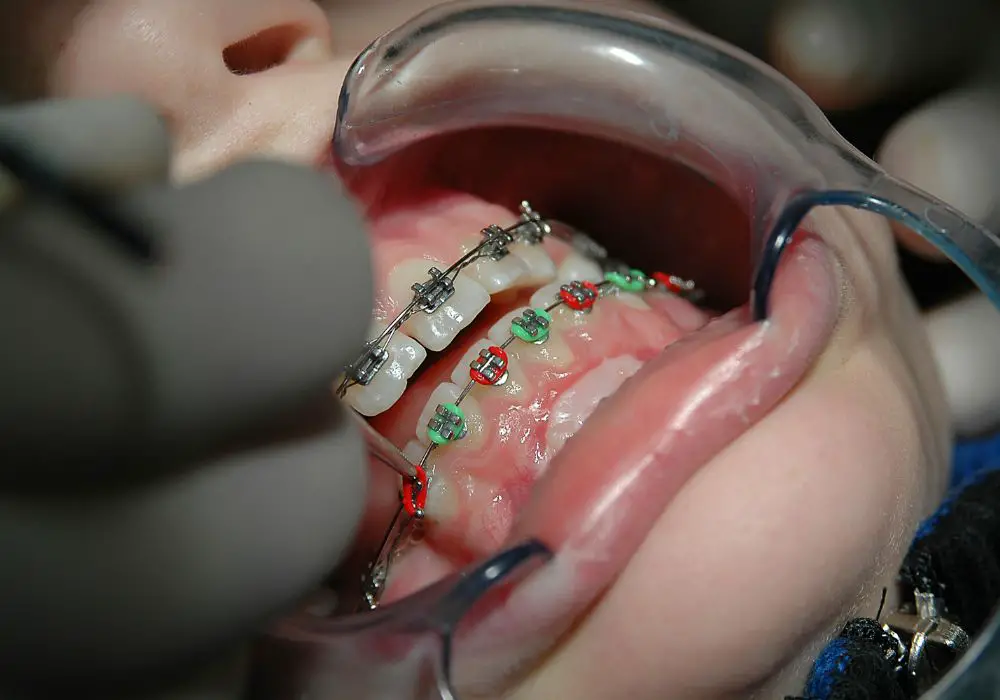
Contact your orthodontist if:
- Severe constant pain lasts more than 3-5 days after an adjustment.
- Swelling inside or outside the mouth develops.
- Brackets, bands or wires come loose.
- Cuts or sores develop in the mouth from braces.
- Pain is so extreme you can’t sleep or function.
While braces will never be comfortable, extreme or persistent pain is not normal. Call your orthodontist if OTC pain relief and home remedies aren’t helping, or if anything about the pain concerns you. They can evaluate your situation and make adjustments to the braces to alleviate discomfort. Don’t hesitate to speak up!
FAQ about braces pain
Here are answers to some common questions about braces pain:
How long does it take for the pain to go away when you first get braces?
The worst pain usually peaks on day 2 and gradually improves over 4-5 days after initially getting braces on. Mild soreness may come and go for up to 2 weeks as your teeth adjust.
Is it normal for my teeth to hurt for a week after a braces adjustment?
Yes, it’s very common for pain to increase for 3-7 days after each adjustment as the orthodontist tightens the wires. The discomfort should slowly get better within the first week post-adjustment.
Why are my teeth super painful at night after getting braces?
The constant pressure on the teeth from braces leads to inflammation buildup during the day. At night when you lay down, that upward tension is relieved, allowing the inflammation to flare up and cause more intense pain.
Can I take ibuprofen or Tylenol if my braces hurt?
Yes, over-the-counter anti-inflammatory meds like ibuprofen and pain relievers like acetaminophen are recommended for braces pain relief. Just follow dosage guidelines and avoid overuse.
What foods should I eat when my teeth hurt with braces?
Stick to soft foods when braces pain flares up. Things like mashed potatoes, yogurt, soup, eggs, protein shakes, apple sauce. Avoid very hot/cold foods and hard, crunchy, sticky foods.
How can I numb my gums and reduce pain from my braces?
Oral numbing gels and rinses with benzocaine can provide temporary relief for sore gums and teeth from braces. Chilling the gums with ice chips helps as well. Ask your orthodontist about prescription oral medications if over-the-counter options aren’t helping.

